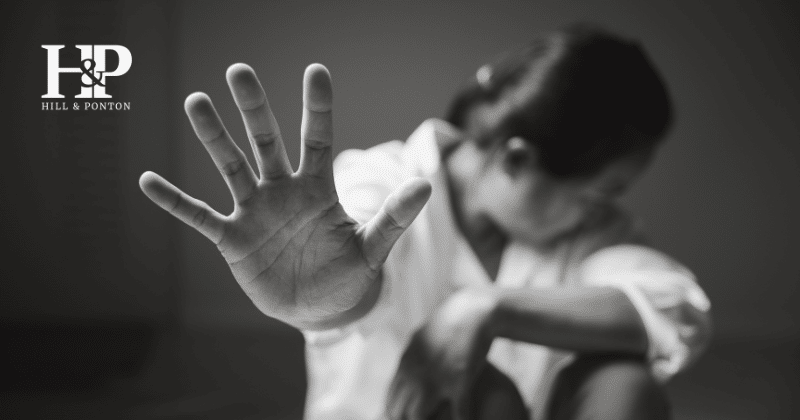MST affects both men and women of the military and often these incidents go unreported. Whether it is for fear of retaliation or embarrassment and guilt, the majority of MST incidents remain without a record, making it difficult to prove that the incident happened. So how do you corroborate, or confirm, that MST occurred?
In order for the VA to consider a claim for service-connection for PTSD due to personal trauma, there must be credible evidence to support the veteran’s assertion that the stressful event occurred. This, however, does not mean that the veteran must be able to supply actual proof that the traumatic experience occurred. This just means that there needs to be at least a proximate balance of positive and negative evidence that the event occurred towards trauma symptoms.
The VA published a list of MST/PTSD “markers” used to determine if a sexual trauma had occurred when there was no actual report or evidence. These markers include signs, events, or circumstances indicating the possibility that the claimed incidents occurred. This would be considered secondary evidence.
What Can You Use for MST Markers?
- Police records and/or records from a rape crisis center
- Lay statements or buddy statements from friends, family or other individuals the veteran may have talked with
- Pregnancy tests or tests for STDs
- Visits to a medical or counseling clinic or dispensary without a specific diagnosis or specific ailment
- Diaries or journals kept during the time of the MST
The VA will accept behavioral changes, such as:
- Marital or sexual problems
- Drug or alcohol abuse
- Obsessive behavior such as overeating or undereating
- Sudden transfer or request to change a veteran’s assignments without justification
- Increased disregard for military or civilian authority
- Job performance changes
- Episodes of depression, anxiety and panic attacks without an identifiable cause
- Unexplained economic or social behavior change
All of the above MST markers are accepted by the VA but the ones that were found to be most valuable to provide corroboration are lay statements (statements from family members, roommates, fellow service-members, or clergy) and evidence of behavior change.
Performance reports showing a decrease in work performance are markers, but also seeing a veteran who threw himself into his work and showed a major increase in work performance could be a marker as well. Becoming a work-a-holic could be a sign of trauma occurring at home or a need to prove that “nothing is wrong” or “they can’t beat me.”
Any other changes in behavior can be used as evidence of trauma, provided it coincides with the event. Gather as many statements as possible which provide credible evidence that the MST occurred. Whether it is a statement from a family member saying how your behavior was one way before service and then after service you were angry and depressed, or a statement from a fellow service-member documenting how your behavior suddenly changed, these statements can help your case.
When getting statements it is important to get as many as possible that help define the above MST markers and make sure to file the statements on the VA Form 21-4138.
Finding Evidence When Records Don’t Mention MST
Since most MSTs are not reported, there probably will not be records from law enforcement or obvious notes of MST in-service medical records. However, it is important to request and look through your service medical records to see if there are statements of changes in mental health or behavior.
Check if there is a documented change of deterioration in your work, or record of insubordination after the assault when prior to the assault you always followed the rules. Combing through your service records and service medical records can help you find evidence to corroborate the occurrence of the MST. If there is nothing in your records to establish this, reach out to your officers if you can contact them to provide a statement of such behavior change.
Besides gathering evidence to corroborate that the MST occurred, you should also get one of your health care providers to provide a nexus statement in which the provider states that the MST occurred and that your current mental health condition (whether it be PTSD, anxiety, depression, etc.) is due to your MST. Receiving a statement from a VAMC provider will hold higher esteem than a private provider to the VA, but any opinion relating your current mental health condition to the MST can help your case.
Opinions from psychiatrists and psychologists will also hold higher esteem than opinions from therapists and counselors due to their more extensive education and training. Also, make sure to have your provider review your C-file and include that it was reviewed in their statement. The VA wants to make sure that the provider has reviewed all relevant information when providing an opinion.
The important take away is that despite the inherent difficulties with MST cases, they are winnable when VA criteria for MST markers are met. At Hill & Ponton, we have handled many VA MST claims, and we would be honored to help you fight for the benefits you deserve. You can get a free case evaluation here.


